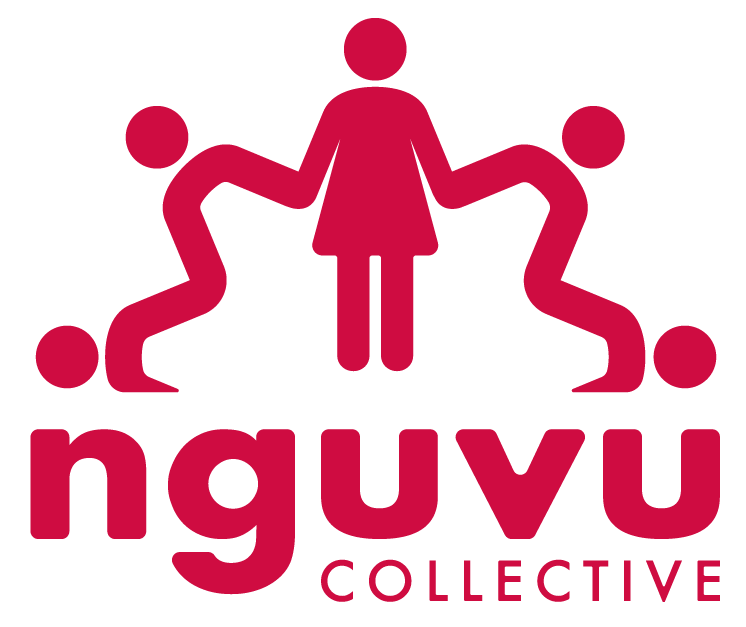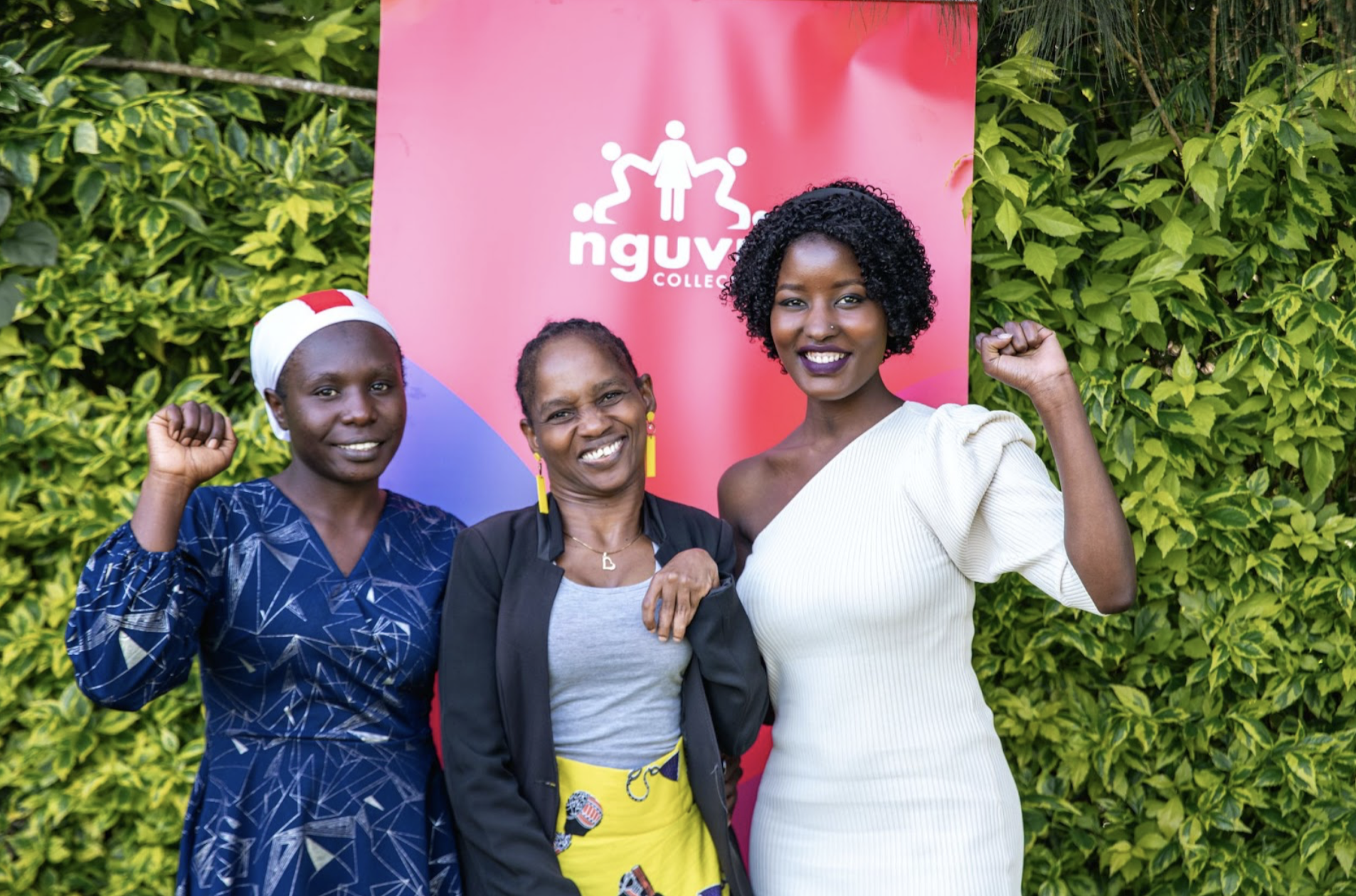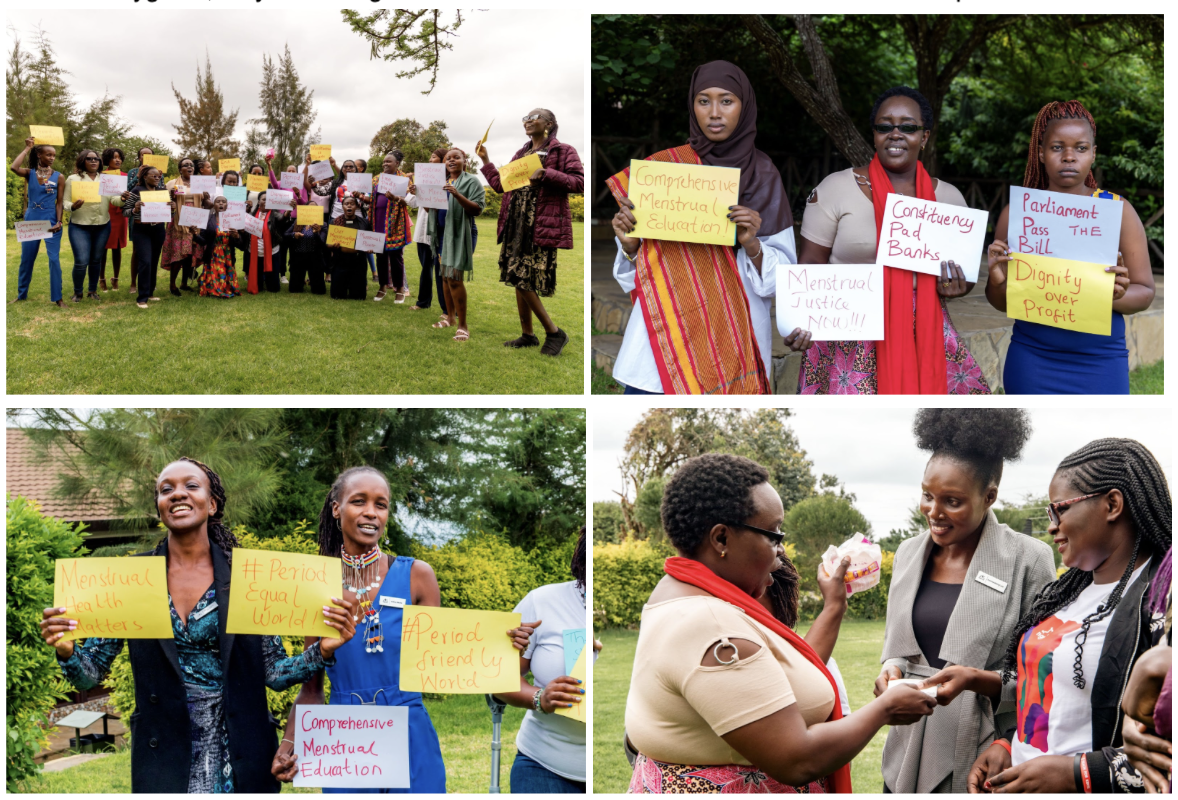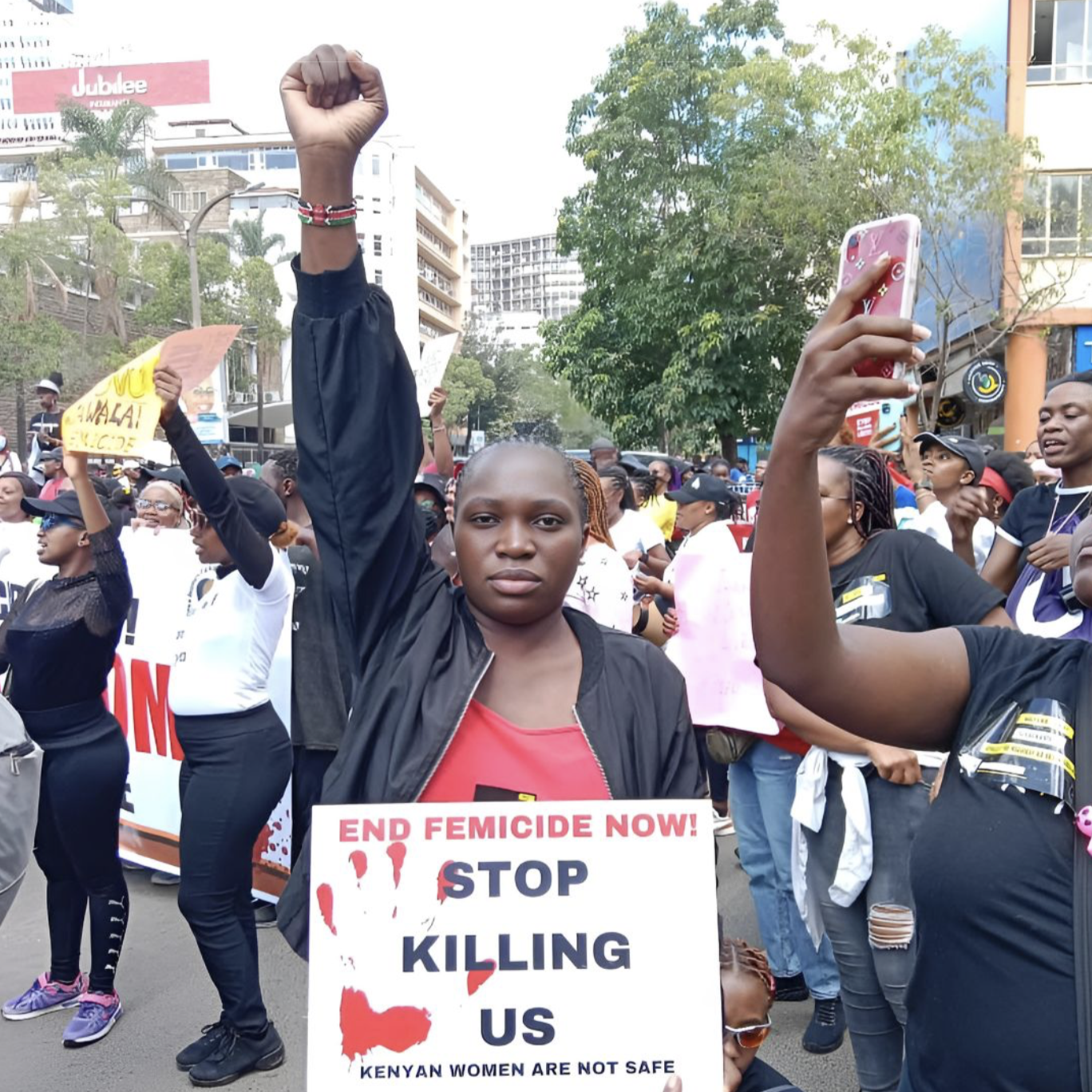
Collective power and driving change collaboratively is a core tenet of feminist organising. But at the same time, organisations and Change Leaders need to be able to share the media spotlight to build visibility for future work! How can we work together collaboratively instead of competitively?
In the past year, Nguvu Collective Change Leaders joined the anti-femicide movement in Kenya as well as a campaign against sexual exploitation in the tea industry in Kenya. In Nigeria, Nguvu Collective led a collaborative action with 15 civil society organisations to oppose the Violence Against Persons (Prohibition) Act Repeal and Enactment Bill, 2024 which may reverse the gains against gender-based violence (GBV) that came from the criminalisation of Female Genital Mutilation (FGM), expansion of the definition of rape, and victim compensation.
Here’s what we’ve learned from working collaboratively with other movement leaders.
- Acknowledge the movement’s history: While Nguvu Change Leaders became more actively involved in the anti-femicide protests in 2024, they took every opportunity to publicly note that the movement began in 2019. They acknowledged repeatedly that the protests did not appear from nowhere – the movement leaders had been building towards this moment for years.
- Recognise your role: Sometimes a movement needs supporters, and sometimes it needs leaders to step up. It is important to pause and research – is there already a leader we can get behind rather than starting a campaign from scratch? Nguvu Collective noticed that there were many strong voices against the repeal of the VAPP Act in Nigeria, but no one was bringing them together in collaborative action. This is when Nguvu Collective stepped in to rally together 15 organisations with proven work on Violence Against Women in Nigeria to strengthen the movement.
- Uphold the collective demands: In every opportunity to speak publicly, a movement member must try to uphold the collective demands of the movement. Even as Nguvu change leaders ran their campaigns, they could see the link between their goals and the movement’s larger goals.
Collective power means sharing the mic, prioritising mutual respect and focusing on a movement’s collective purpose!
